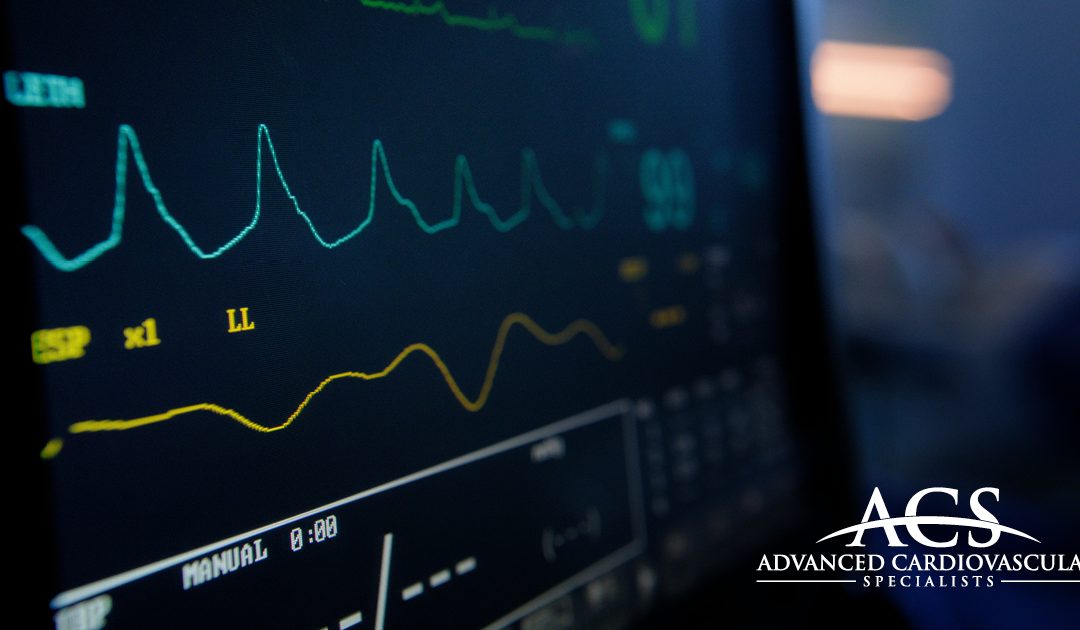A heart arrhythmia occurs when the heart beats irregularly. This is a broad term covering various heart rhythm problems, such as beats that are too fast, too slow or simply out of sync. While many arrhythmias are harmless, some can be life-threatening.
Types Of Arrhythmias
When it comes to abnormal heartbeats, they usually fit into one of three categories.
- Tachycardia: This means your heart is beating too fast (more than 100 beats per minute). Common examples include atrial fibrillation (AFib), atrial flutter, supraventricular tachycardia, ventricular fibrillation and ventricular tachycardia.
- Bradycardia: On the flip side, bradycardia is when your heart beats too slowly (less than 60 beats per minute). A slow heart rate isn’t always problematic. For instance, athletes often have “lower than normal” resting heart rates. However, some slow heart rates are problematic like those seen with sick sinus syndrome or conduction disorders.
- Premature Heartbeat: These are extra heartbeats that mess with your regular rhythm. They often feel like a skipped beat or palpitations (your heart racing or pounding). They also usually come and go on their own. While typically harmless, they can sometimes trigger other arrhythmias or heart issues.
Causes Of Arrhythmia
Arrhythmias often stem from other heart problems. They can also be triggered by health conditions or even your lifestyle. Heart-related causes commonly include coronary artery disease, cardiomyopathy and valve disorders. Beyond the heart, conditions like high blood pressure, electrolyte imbalances, diabetes, hyperthyroidism and obstructive sleep apnea can lead to abnormal heart rhythms.
Your lifestyle can also contribute to arrhythmia risk. Certain factors (such as smoking, drinking caffeine or alcohol, using stimulant medications, intense exercise, and stress) can all temporarily cause an irregular heartbeat. Heavy alcohol consumption and smoking can increase your risk for long-term arrhythmias.
Arrhythmia Symptoms
Heart arrhythmias don’t always cause noticeable symptoms. When they do, the most common ones are noted below.
- Palpitations
- Noticeable fast or slow heartbeat
- Shortness of breath
- Chest pain
- Dizziness
- Fatigue
- Weakness
- Excessive sweating
- Anxiety
Outlook For People With Arrhythmias
Many arrhythmias are harmless and require no treatment. For those that do, they are often well-managed or resolved through medication, minimally invasive procedures and lifestyle changes. If you notice any shifts in your heart rhythm or experience arrhythmia symptoms, it’s always best to talk to your doctor. Seek immediate emergency medical attention for chest pain, shortness of breath and fainting.
The team at Advanced Cardiovascular Specialists consists of North Louisiana’s leading experts in cardiovascular care. For more information or to schedule an appointment, please call our office at (318) 798-9400.

